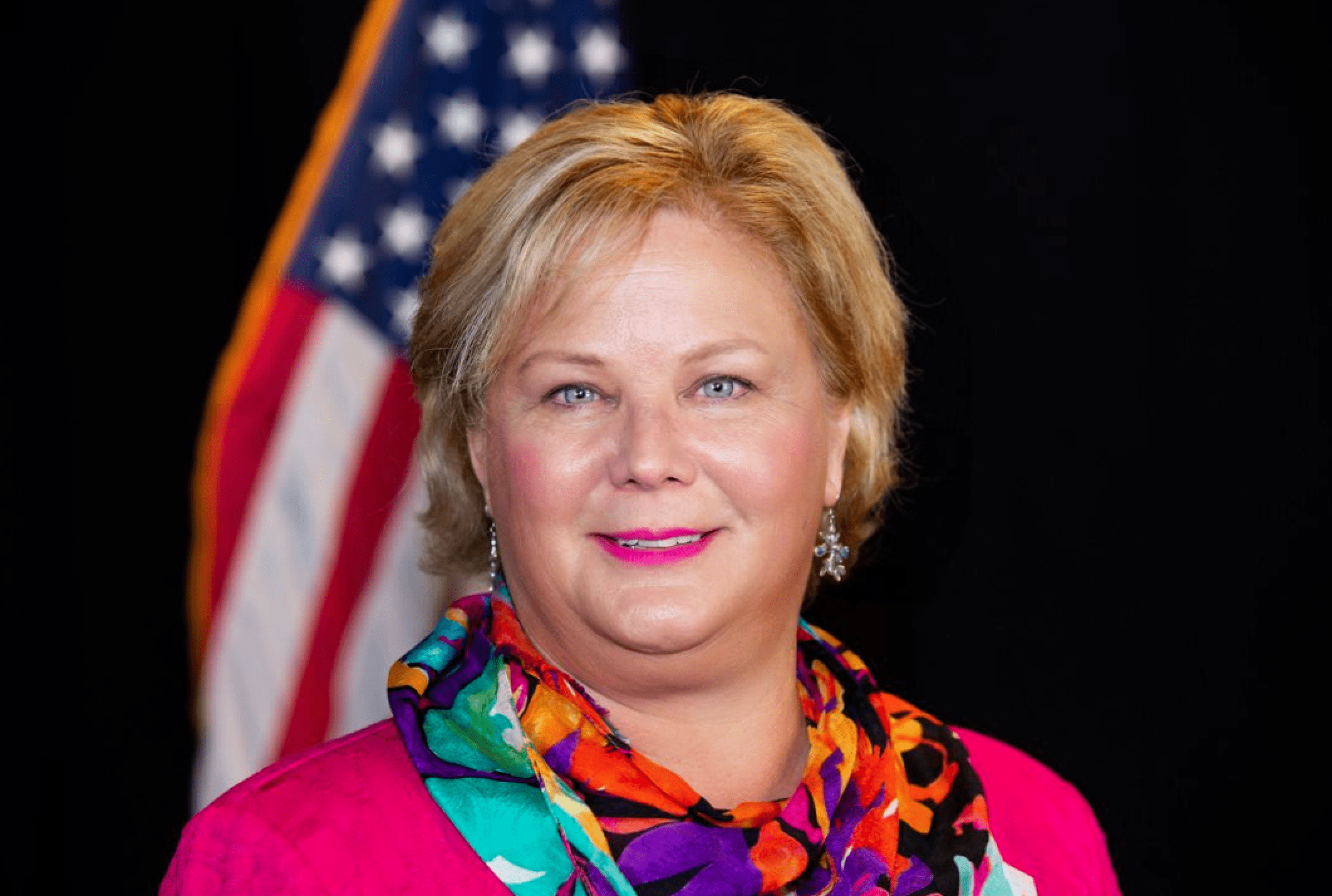Meet our Guest Blogger – Tierney Beauregard
It is my pleasure to introduce our special guest, Tierney Beauregard. Tierney is passionate about advancing care through policy and advocacy work and activating younger generations to get involved in advocacy. Her interest in advocating for those with medical needs stemmed from her work for Senator Richard Blumenthal (D-CT), where she witnessed how policy can directly impact the health and comfort of individuals’ daily lives.
Aging at Home Association Supports the Choose Home Care Act
The Choose Home Care Act of 2021 was first introduced to the Senate in July 2021 and was then introduced to the House of Representatives in October 2021. While action on both the Senate and House bills has been largely paused since the bill was referred to the Senate Committee on Finance and the House Subcommittee on Health, the bipartisan support for this piece of legislation demonstrates growing interest and support throughout the U.S. to reform Medicare and provide greater flexibility for Medicare beneficiaries in making care decisions.
If passed, The Choose Home Care Act would give Medicare beneficiaries the option to receive post-acute care, following hospitalization, in the home. Beneficiaries who are eligible would access a range of services, including skilled nursing care, meals, transportation and personal care. This Medicare expansion would fill a significant gap in current plans. While individuals would only be eligible for up to 30 days of care, the inclusion of personal or custodial care represents positive momentum in the public sector’s understanding of and action to address the full scope of care needs for aging adults.

Cost and Quality Favors Aging at Home
This timely legislation would provide an alternative to skilled nursing facilities, which face wariness following the peak of COVID-19 during which individuals came to fear such care facilities for the ease with which infectious disease can spread to those vulnerable populations in need of skilled care. The Choose Home Care Act has received bipartisan support throughout Congress and positive endorsements from advocacy organizations such as AARP and The National Association for Home care and Hospice. The American Health Care Association and National Center for Assisted Living (AHCA/NCAL), which represents over 14,000 care facilities across the country, has voiced opposition to the legislation, naming concerns related to safety provisions and a lack of clarity for beneficiaries and out-of-pocket costs. Cost concerns, however, are largely unfounded. Add-on payments for expanded services under Choose Home would be capped at 80% of the 30-day payment generating savings of about $4,623 per patient, while the Medicare program savings are estimated between $144-247 million each year.
While little momentum has been garnered to advance this legislation into law, this bill is a necessary first step in filling those gaps in Medicare coverage which prevent individuals from receiving care on their own terms. The full text, formal summary, and actions for the Choose Home legislation can be found at Congress.gov.
|




